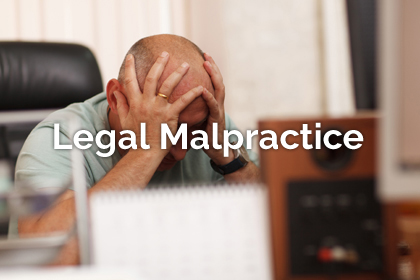Who is protected by New Jersey’s Whistleblower Law?
New Jersey’s Whistleblower law is called CEPA or the Conscientious Employee Protection Act. The whistleblower law protects employees from employer retaliation.
Disclosure or Threat to Disclose
CEPA protects employees who disclose or threaten to disclose employer violations. These violations are of a law, rule or regulation. They can also be related to a fraudulent or criminal activity, policy or practice. The law prohibits any retaliation against an employee who takes such action.
This law also makes reference to a specific type of whistleblowing. It makes reference to licensed or certified health care workers. The law protects such workers who blow the whistle about improper quality of patient care. However, the health care workers’ reasonable belief should be based on a violation of a law, rule or regulation.
Supplying Testimony or Information
A whistleblower employee is protected from employer retaliation for supplying information or testifying before any public body. The public body must be investigating or inquiring into a violation of a law, rule or regulation. For instance, if an employee reports an employer to the Department of Labor, that employee may be protected under the whistleblower law from retaliation from his/her employer.
Objection to or Refusal to Participate
An employee who objects to or refuses to participate in any activity, policy or practice of the employer may be protected by CEPA. The employee must have a reasonable belief that the activity, policy or practice is in violation of a law, rule, regulation, or is fraudulent or criminal, or is in violation of a clear public policy. This category can actually turn an employee into a whistleblower based on a public policy, so long as that public policy is well established.
Benefits of Whistleblower Protection
An employee who falls within the protections of CEPA can receive significant benefits. First, the law makes it illegal for an employer to retaliate against an employee who engages in protected conduct. Second, if an employee is the subject of retaliation, the employee can sue for lost wages, emotional distress damages, attorneys fees and costs, and punitive damages.
Whistleblower Law Firm
Ronald J. Wronko, Esq., represents the victims of whistleblower retaliation routinely. If you wish to have your potential case analyzed to determine whether you are entitled to receive the benefits of the whistleblower law, please contact us at ron@ronwronkolaw.com, call us at (973) 360-1001, or visit our website to request a confidential case evaluation.



